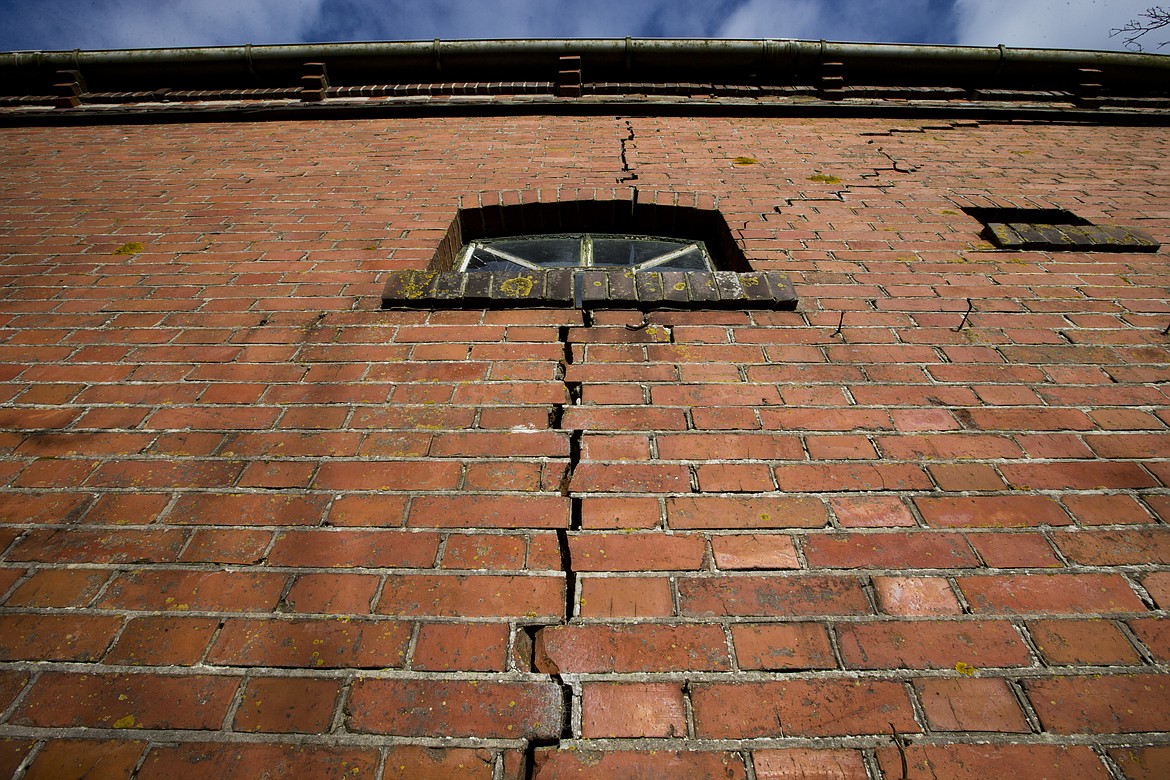Inquiry issues damning report into Dutch gas drilling
THE HAGUE, Netherlands (AP) — A Dutch parliamentary inquiry released a damning report Friday into the government's handling of lucrative natural gas extraction that caused a string of earthquakes in the northern province of Groningen, saying that authorities put profits before people.
"The interests of the people of Groningen have been structurally ignored in natural gas extraction in Groningen, with disastrous consequences for the people of Groningen," the commission said in a statement.
The conclusions in the nearly 2,000-page report are the latest damaging blow to the credibility of Dutch governments that have been led for more than a decade by Prime Minister Mark Rutte.
He declined Friday to react to the report's findings, but acknowledged that the conclusions were "hard and painful" and underscore why people in Groningen "are angry and sad and that people feel unsafe and abandoned."
Two years ago, Rutte's last ruling coalition resigned over a parliamentary inquiry's report into a scandal over efforts to stamp out child welfare payment fraud that wrongly labeled thousands of parents as fraudsters.
Hans Vijlbrief, the government's minister in charge of mines, said Friday was a day for the people of Groningen and not for political consequences.
"I, myself, feel shame about what has happened here and that means we have to do something about it," he told reporters.
Gas was extracted in Groningen for decades by a consortium including energy giants Shell and ExxonMobil before the Dutch government, spurred into action by the quakes that were shaking homes in the region, took a decision in 2018 to gradually stop pumping gas out of the ground.
The Dutch state earned 363 billion euros from Groningen gas, the report said. Extraction from the Groningen field — one of the world's largest at 2,800 billion cubic meters — has now all but stopped, with only enough pumped to keep gas installations in the region operational. The field is not expected to re-open even amid the energy worries prompted by Russia's yearlong war in Ukraine.
Thousands of households are still waiting for their homes to be strengthened after years of shaking damaged buildings. Thousands more are awaiting compensation.
An organization that represents many of them, Groninger Bodem Beweging, said the inquiry report could be summed up with the words: "Too little, too late," and called for action from the government.
The commission said the government and energy companies used what they called "security of supply" as a "smoke screen."
It made a string of recommendations, including that the government make the processing of claims for damage easier, ensure enough money is available for compensation and strengthen the role of the country's mining regulator.
Marjan van Loon, president director of Shell Netherlands, said the report was right to focus on the plight of people in Groningen.
"Groningen residents bore a large part of the burden of gas production and saw only a small part of the benefits," she said in a written statement.
"As a company, we have important lessons to learn here. Looking to the future, we believe that things can and must be improved. We are therefore engaged in discussions with the government to find a way to make this happen," she added.
ExxonMobil did not immediately react.
NAM, the Dutch gas drilling company that includes Shell and ExxonMobil, acknowledged in a written statement that it had "played an important role in this crisis."
The company's director, Johan Atema, said "it is clear that we must pay more attention to the society in which we work. It is up to us to show that we, as a company, from learned from this."


